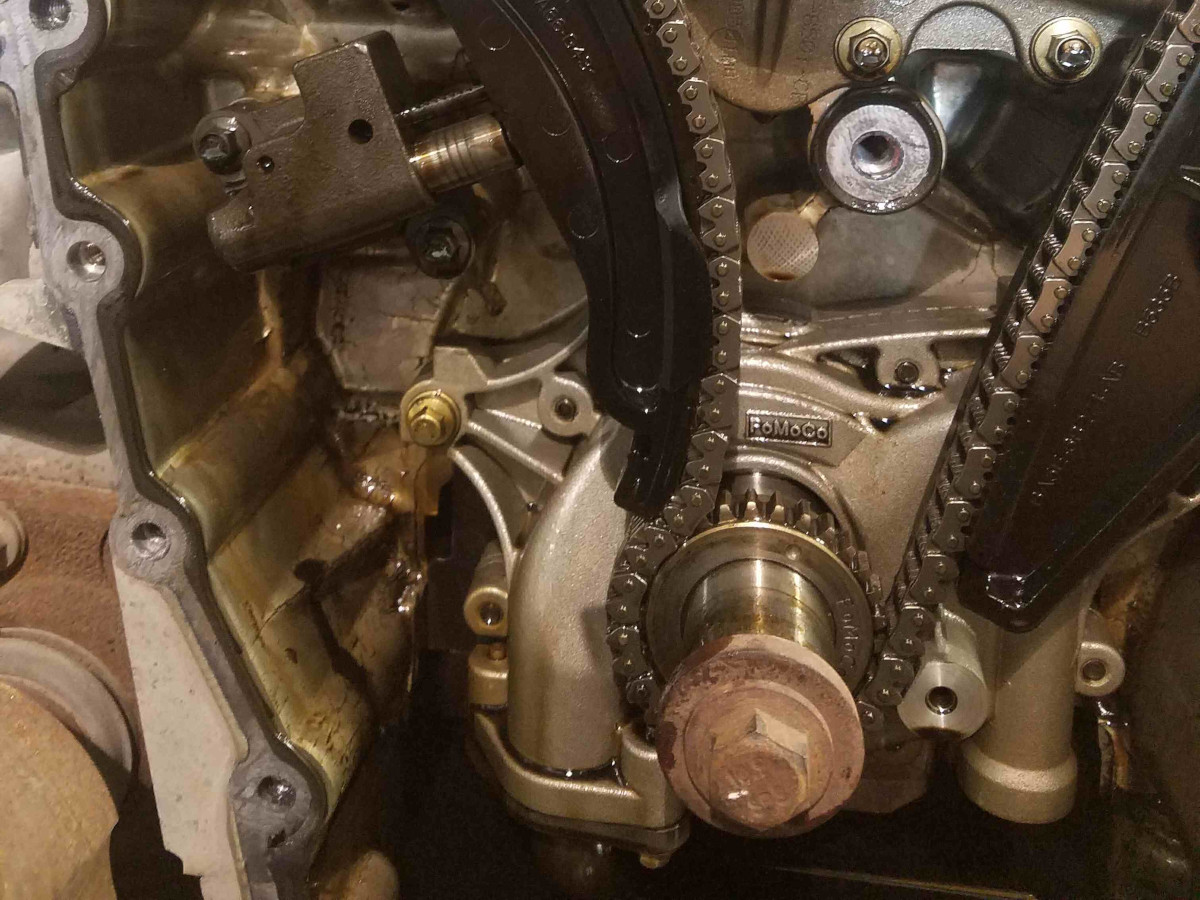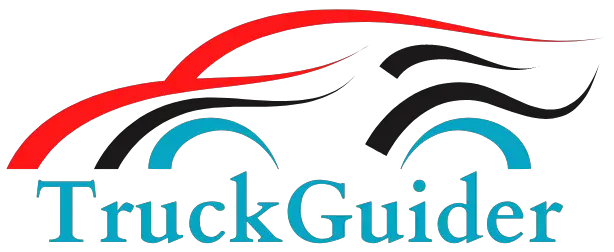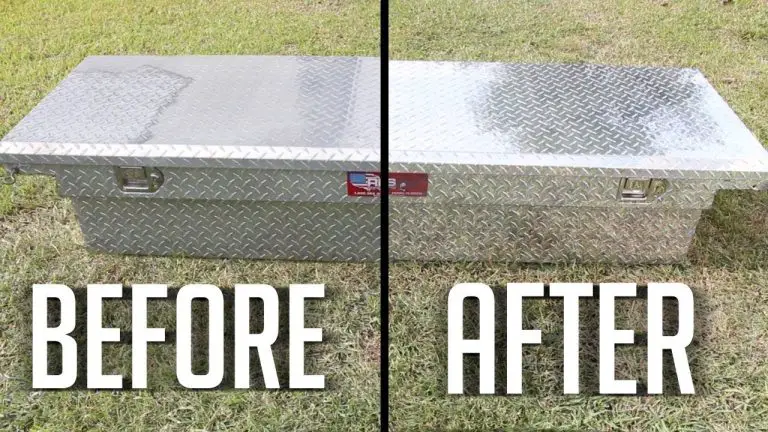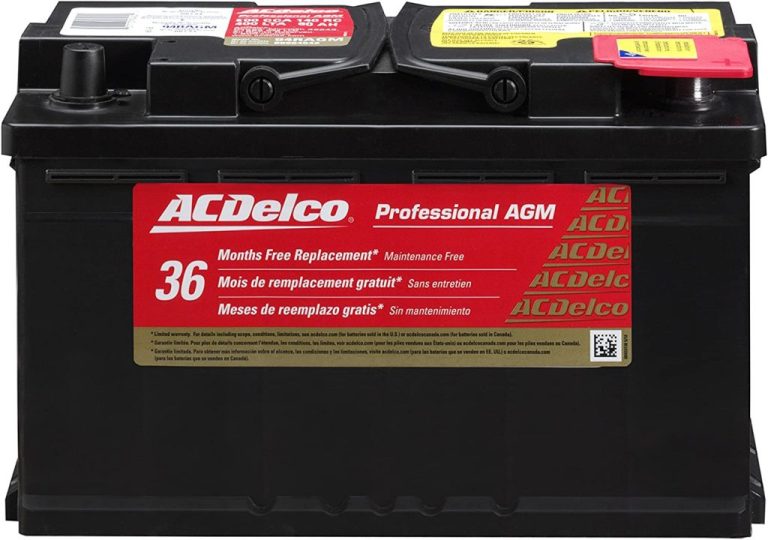Critical F150 EcoBoost Timing Chain Recall: Take Action Now!
F-150 trucks are one of the most popular and reliable pickup trucks on the market today. However, in 2018, Ford issued a recall affecting certain F-150 trucks equipped with the 3.5L EcoBoost engine. The recall was related to a defect in the engine’s timing chain that could potentially lead to engine failure, causing the engine to stall or fail to start, increasing the risk of a crash.
The recall, identified as “NHTSA 18V-735,” affected certain 2017-2018 F-150 trucks. The affected vehicles had to be inspected, and if necessary, the timing chain assembly was replaced free of charge. If you own 2017-2018 F-150 with the 3.5L EcoBoost engine, you can check the NHTSA website or contact your local Ford dealership to see if your vehicle is included in the recall.
It’s essential to address any recalls promptly to ensure the safety and proper functioning of your vehicle. If your vehicle is affected by the recall, take it to a Ford dealership as soon as possible to have the issue corrected.
Signs of a Faulty Timing Chain in Your F-150 EcoBoost Engine
If you’re not sure if your vehicle is affected, here are some signs that may indicate a problem with your engine’s timing chain:
- Engine misfires or runs roughly: A worn timing chain can cause the engine to misfire or run roughly, leading to poor performance and reduced fuel economy.
- Engine warning light: A malfunctioning timing chain can trigger the engine warning light on the dashboard. If you see this light illuminated, it’s essential to have your vehicle inspected by a qualified mechanic.
- Engine noise: A worn timing chain can produce a rattling or clattering noise from the engine, especially at idle or low speeds.
If you notice any of these signs, it’s crucial to have your vehicle inspected by a qualified mechanic as soon as possible. While the recall only affected certain F-150 trucks, timing chain issues can occur in any vehicle with a timing chain-driven engine.
2011-2016 Ford F-150 3.5L Ecoboost Timing Set Replacement
Signs and Symptoms of Timing Chain Issues
If you own an F150 Ecoboost, it’s important to be aware of the signs and symptoms of timing chain issues. If you experience any of the following, it’s important to have your vehicle inspected by a qualified mechanic:
- Rattling or ticking noise coming from the engine
- Engine misfires or hesitation during acceleration
- Rough engine idle or stalling
- Illuminated check engine light
- Reduced engine power or poor fuel efficiency
These symptoms can indicate that the timing chain has stretched or worn out and is causing engine damage.
Steps to Take if You Own an F150 Ecoboost with Timing Chain Problems
If you own an F150 Ecoboost and are experiencing timing chain issues, there are steps you can take to address the problem:
Check if your vehicle is part of the recall
Visit the National Highway Traffic Safety Administration’s website to see if your F150 is part of the recall. If it is, contact your local Ford dealer to have the necessary repairs made.
Have your vehicle inspected
If you’re experiencing symptoms of timing chain issues, have your vehicle inspected by a qualified mechanic. They can determine if the timing chain needs to be replaced.
Replace the timing chain
If your F150’s timing chain needs to be replaced, have it done by a qualified mechanic? They can ensure that the job is done correctly and prevent further engine damage.
Maintain your vehicle
To prevent timing chain issues from occurring in the future, make sure to follow the recommended maintenance schedule for your F150. This includes regular oil changes and engine inspections.
5 Facts F150 Ecoboost Timing Chain Recall:
The F150 Ecoboost is a popular engine option for the Ford F150 truck, known for its power and fuel efficiency. However, in 2016, Ford issued a recall for certain F150 Ecoboost models due to issues with the timing chain,
Which is a crucial component in the engine that controls the opening and closing of the engine’s valves. Here are 5 facts you need to know about the F150 Ecoboost Timing Chain Recall:
- The recall affected certain F150 trucks from the 2011-2013 model years with 3.5-liter Ecoboost engines. The issue with the timing chain was that it could stretch and wear out prematurely, leading to engine damage.
- According to data from the National Highway Traffic Safety Administration, over 100,000 F150 trucks were affected by the recall. This is a significant number of vehicles and highlights the severity of the issue.
- The recall required Ford to replace the timing chain and associated parts for affected vehicles. This is a costly and time-consuming repair that can take several hours to complete.
- The symptoms of timing chain issues include rattling or ticking noises coming from the engine, engine misfires or hesitation during acceleration, rough engine idle or stalling, illuminated check engine light, and reduced engine power or poor fuel efficiency. If you experience any of these symptoms, it’s important to have your vehicle inspected by a qualified mechanic.
- To prevent timing chain issues from occurring in the first place, it’s important to follow the recommended maintenance schedule for your F150, use high-quality oil that meets the manufacturer’s specifications, avoid aggressive driving, and address engine issues promptly. Purchasing an extended warranty can also provide added peace of mind and financial protection in the event of unexpected repairs.
In conclusion, the F150 Ecoboost Timing Chain Recall is a serious issue that can lead to costly engine damage. F150 Ecoboost owners should be aware of the signs and symptoms of timing chain issues and take appropriate steps to prevent damage to their engines.
By following the recommended maintenance schedule, using high-quality oil, and addressing problems promptly, F150 Ecoboost owners can help to prevent timing chain issues and keep their vehicles running smoothly.
Prevention Tips for F150 Ecoboost Timing Chain Issues
To prevent timing chain issues from occurring in the first place, here are some preventative tips that F150 Ecoboost owners can follow:
- Follow the recommended maintenance schedule – The best way to prevent timing chain issues is to follow the recommended maintenance schedule for your F150. This includes regular oil changes, engine inspections, and other recommended maintenance.
- Use high-quality oil – Using high-quality oil that meets the manufacturer’s specifications can help to extend the life of the timing chain and other engine components.
- Avoid aggressive driving – Aggressive driving can put unnecessary stress on the engine and its components, including the timing chain. Avoid hard acceleration and sudden stops whenever possible.
- Address engine issues promptly – If you notice any symptoms of engine issues, have your vehicle inspected by a qualified mechanic. Addressing problems promptly can prevent further damage to the engine and its components.
- Consider an extended warranty – If you’re concerned about timing chain issues or other engine problems, consider purchasing an extended warranty for your F150. This can provide added peace of mind and financial protection in the event of unexpected repairs.
Overall, the F150 Ecoboost timing chain recall highlights the importance of proper vehicle maintenance and prompt action when issues arise. By following the recommended maintenance schedule, using high-quality oil, and addressing problems promptly, F150 Ecoboost owners can help to prevent timing chain issues and keep their vehicles running smoothly.

Credit: www.expertswrite.net
Ford F150 3.5L Ecoboost Rattle Upon Start-Up- Timing Chain Stretch Issues
FAQs
What is the F150 Ecoboost timing chain recall?
Which F150 Ecoboost models are affected by the timing chain recall?
What are the symptoms of a failing timing chain in an F150 Ecoboost?
How do I know if my F150 Ecoboost is affected by the timing chain recall?
What should I do if my F150 Ecoboost is affected by the timing chain recall?
Conclusion
In conclusion, the F150 Ecoboost timing chain recall is a safety issue that affects certain Ford F150 pickup trucks with the Ecoboost engine, manufactured between 2011 and 2013. A failed timing chain can result in engine damage or failure, which can be dangerous while driving.
If your F150 Ecoboost is affected by the recall, it is important to contact your local Ford dealer to schedule a repair appointment, as they will replace the timing chain, tensioner, and related components, free of charge.
It is always important to stay informed about vehicle recalls and take prompt action to address any safety issues.






